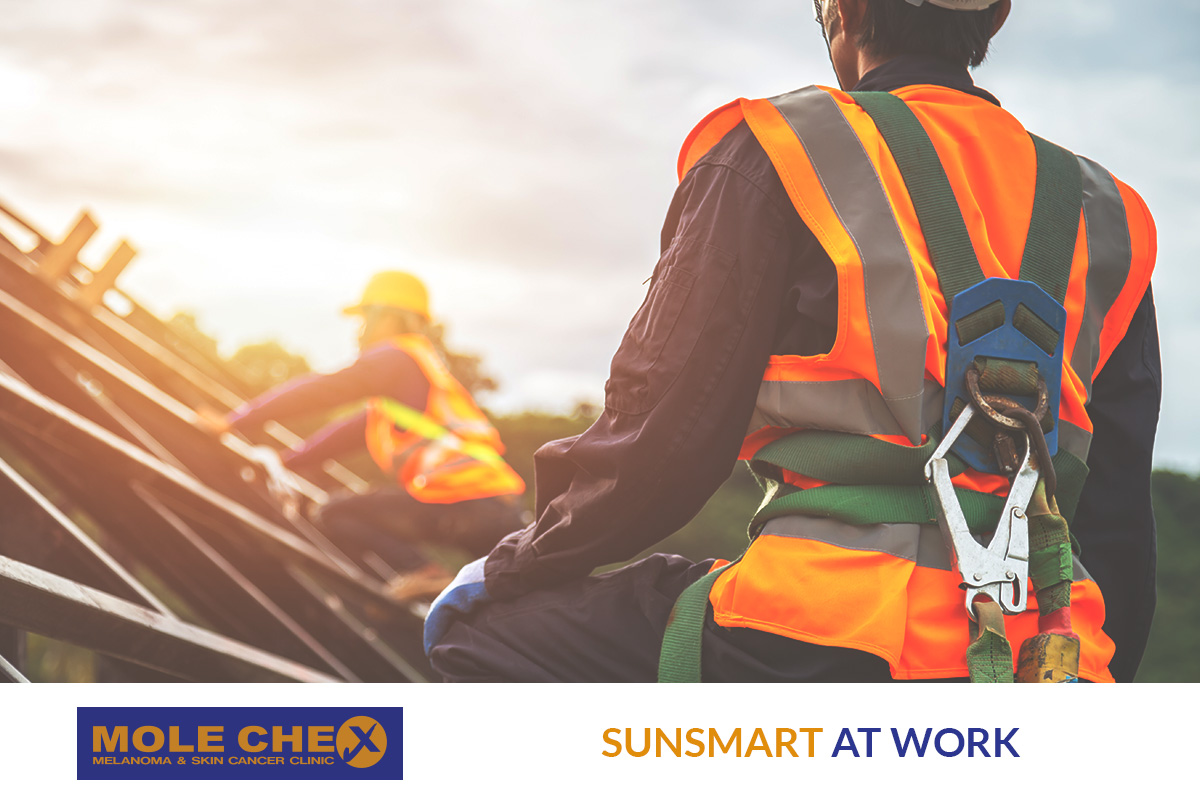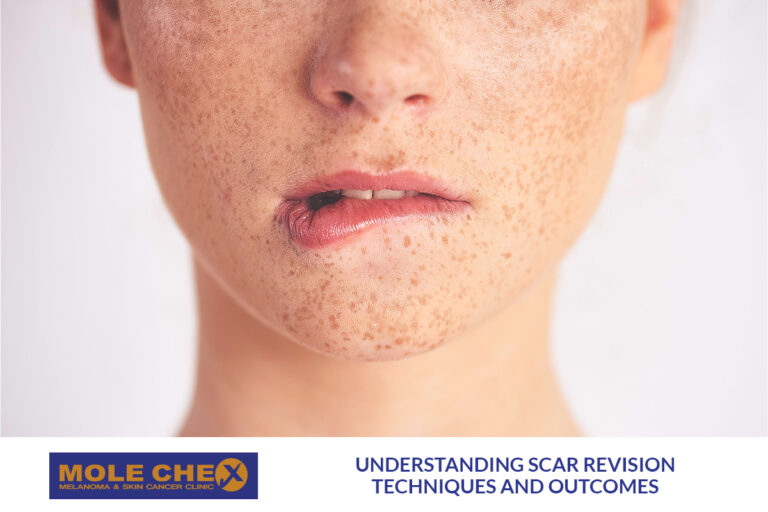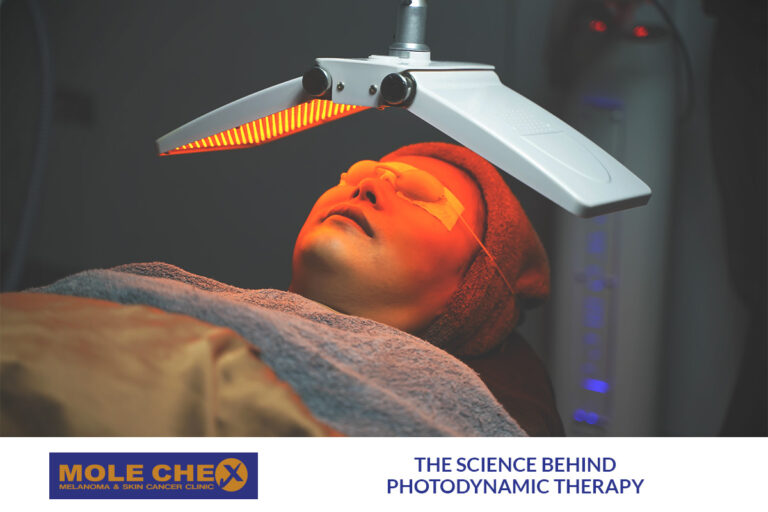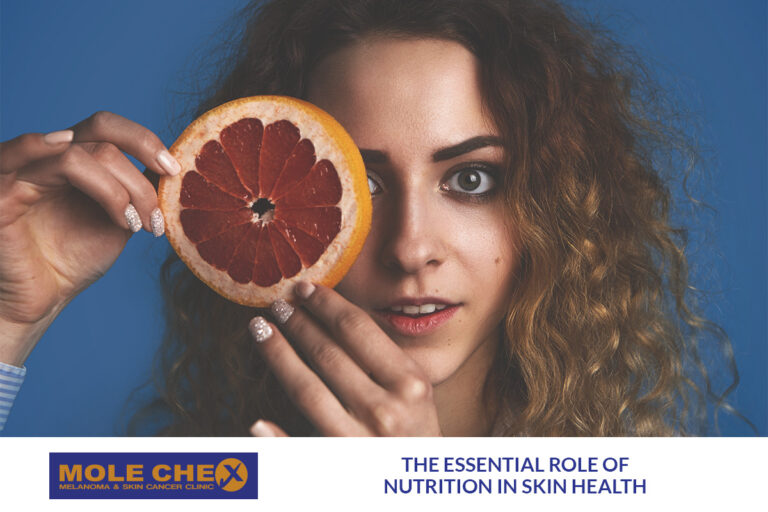Sun Safety : Safeguarding Your Skin in the Workplace

Your workplace is a setting where you spend a significant portion of your day, and while you may be focused on the tasks at hand, it’s vital to consider the impact of your work environment on your skin health. Skin cancer, often caused by prolonged sun exposure, can be an occupational hazard for many outdoor workers. In this comprehensive guide, we’ll explore the essential strategies to prevent skin cancer while on the job.
What to Do If You’re Working Outside Regularly for Sun Safety
Working outdoors regularly comes with its unique set of challenges, especially when it comes to sun safety. Here’s a comprehensive guide on what you can do to protect your skin when your job keeps you under the sun for extended periods:
- Wear Protective Clothing: Invest in sun-protective clothing such as wide-brimmed hats, long-sleeved shirts, and sunglasses. These items provide a physical barrier between your skin and the sun’s harmful UV rays.
- Sunscreen Application: Use a broad-spectrum, high-SPF sunscreen on all exposed skin. 30+ SPF is recommended for high UV exposure. Ask your skin doctor to recommend the sunscreen that best suits your skin. Make it a routine to reapply it throughout the day, especially after sweating or being in water.
- Shade Seeker: Whenever possible, work in the shade. If natural shade isn’t available, consider using temporary shade structures or creating your shade area.
- Staying Hydrated: Keep yourself well-hydrated. Drinking plenty of water can help maintain your overall health and keep your skin hydrated.
- Taking Frequent Breaks: Incorporate regular breaks during the day, preferably in the shade. This not only gives your skin a break but also helps maintain your energy and focus.
- Specialized Gear: For those in specific industries that require extra protection from the sun, consider specialized sun-protective gear designed for outdoor workers. These are engineered solutions tailored for your needs.
- Use Quality Sunglasses: Protect your eyes with sunglasses that provide adequate UV protection. Prolonged sun exposure can damage your eyes, not just your skin.
- Respect Your Limits: It’s essential to listen to your body. If you’re feeling overexerted or your skin is showing signs of sunburn, it’s crucial to take a break and seek shade.
- Peer Support: Encourage your coworkers to follow sun safety practices. Sometimes, having a supportive work environment can make it easier for everyone to adhere to safety guidelines.
- Aftercare: After a long day in the sun, use gentle, moisturizing skincare products. Avoid harsh chemicals that can irritate your skin further.
By integrating these sun safety measures into your daily work routine, you are taking significant steps to protect your skin and overall health. Remember, prevention is key, and a few precautions can go a long way in safeguarding your skin from the sun’s harmful effects.
Your skin is your body’s largest organ and plays a crucial role in protecting you from various environmental factors.
Staying informed Helps
Well, the basic tips works but they work well when you apply them to minimise the sun exposure as much as you can. Staying informed on when there will be high sun exposure, scheduling work in off peak hours and taking smart decisions based on circumstantial data helps a lot!
- SunSmart Times: Plan your outdoor work during SunSmart times. This typically means avoiding the sun during the peak UV hours (usually between 10 a.m. and 4 p.m.). The UV index is generally lower in the morning and late afternoon. Many weather apps provide this information. Knowing when the UV index is high can help you plan your outdoor work more safely.
- Know Your Skin: Become familiar with your skin. Conduct regular self-examinations to look for any changes or irregularities. If you notice something suspicious, consult a Skin Doctor promptly.
- Stay Updated: Keep up to date with the latest in sun safety. New protective clothing, sunscreen, and other gear can help improve your skin safety at work.
- Hydration: Keeping your skin hydrated is vital. Dry skin can be more susceptible to damage from UV radiation.
Regular Skin Checks are essential for outdoor workers
Lets remember this, It all starts with self-examination and the earlier the detection the better. As most skin cancers can be prevented if they are detected on early stages. Your skin doctors can perform minor procedure to remove cancerous area and take preventive measures to help recover in as little time as possible. These things start with:
- Self-Examinations: Get into the habit of examining your skin regularly. Look for any new moles, changes in existing moles, or other abnormalities. If something seems suspicious, consult a Skin Doctor.
- Annual Checkups: Make it a point to visit a skin doctor once a year. They have the expertise to identify potential issues early, and early detection can be life-saving.
- Consult a Skin Doctor: If you notice any unusual changes in your skin, such as new moles, changes in existing moles, or any other abnormalities, don’t hesitate to consult a Skin Doctor. Early detection is crucial for successful treatment. Skin Doctors, can provide guidance tailored to your individual risk and skin type. They may recommend specific precautions and monitor your skin health.
- Early Intervention: Consulting a Skin Doctor at the first sign of skin issues can lead to early diagnosis and effective treatments if necessary.
Be sun Smart by Using Sun Protection integrated in your work
Finally, sun safety doesn’t need to be actively maintained. As a smart thinker, one can integrate how sunlight comes inside a structure and is exposed to surroundings. By using better designs and structural positions the surrounding environment can allow light without exposing people to harmful UV light. This can be achieved with various composite materials, reflective designs, using materials that absorbs UV light etc. Mainly these solutions include:
- Shade Structures: If possible, facilitate work under shade structures or trees. This provides a layer of protection from direct sunlight. The shades may allow sunlight but can prevent harmful radiation with the help of composite materials and natural eco-friendly designs.
- Engineered Solutions: Some outdoor jobs might require additional protection. In such cases, consider specialized sun-protective gear, like sun-protective fabrics and gear designed for outdoor workers.
By integrating these skin cancer prevention strategies into your work routine, you’re taking steps to safeguard your health, job satisfaction, and overall well-being. Prioritize your skin health, and enjoy a fulfilling and safe career outdoors. Remember, your health matters, and so does your skin. Stay safe under the sun! 🌞✋ Consider booking a skin check at Molechex on regular interval to stay worry free!
Still interested? Read other articles :



